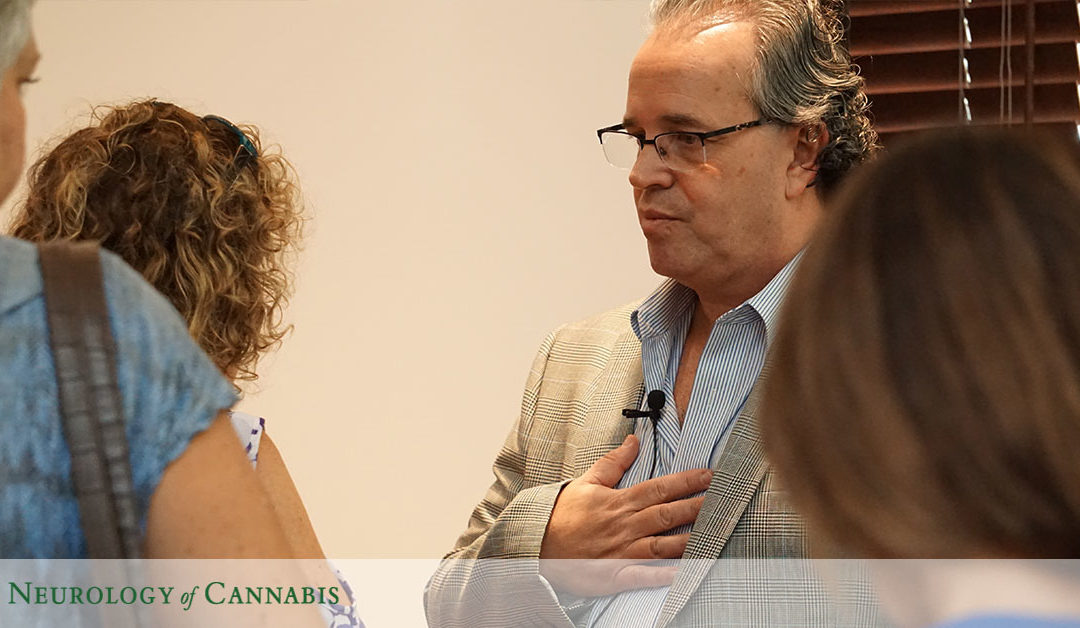Medical cannabis is a genuinely powerful plant. Various studies discussed in this blog have reported that medical cannabis can help in treating symptoms related to many conditions and diseases. In fact, there is a wide range of health issues that Florida includes on their qualifying conditions list, including anxiety and stress, inflammation and chronic pain, Alzheimer’s disease, seizures, Parkinson’s disease, and cancer. With the popularity of medical cannabis growing, some of the misconceptions and myths surrounding its use are also circulating. If you are considering looking into medical cannabis for your medical care, it is essential to understand which information is misleading and which is true.
All Medical Cannabis Gets You “High”: There are various chemical compounds in the cannabis plant. The two primary components are THC, responsible for the feeling of being “high,” and CBD, which does not cause the feeling of euphoria. THC interacts with CB1 receptors in the brain, activating them and resulting in well-known psychoactive effects.
CBD minimizes the ‘high.’ Therefore, cannabis with a higher concentration of CBD will not have as much of that psychoactive effect. Those who wish to experience less psychoactive effects can try CBD-only products.
You Have to Smoke Medical Cannabis: Smoking is traditionally the most common method of cannabis consumption. Because it offers instant results, many people choose to smoke when they need relief. However, if you are uncomfortable with the idea of smoking cannabis, there are other methods to choose from, such as vaping, edibles, or topical oils and tinctures. Your method of choice may also vary depending on your specific condition, such as using topicals for joint pain. The best way to determine the right solution for your condition and preferences is to consult with your physician about your treatment.
There are practical differences between the administration methods. For instance, while smoking medical cannabis can offer relief within 30 minutes, edibles may not take effect for up to 2 hours, although the effect may last two to three times longer than smoking.
Cannabis Leads to Other Drug Use: One common misconception about cannabis is that it is a gateway drug and will lead to further, more dangerous drug use. However, there are no studies to back up that assertion. In fact, physicians often prescribe medical marijuana as a safe and natural alternative to opioid-based medication for issues such as insomnia or pain. Because cannabis does not have any severe side effects, it is widely accepted as a viable option to traditional prescription drugs.
Medical Cannabis Kills Your Brain Cells: The truth about cannabis is that cannabinoids are neuroregenerative, which means that they build new neurons in your brain – not kill them. Cannabis is also known to protect the brain from injuries such as head trauma (concussions) or stroke. Although THC can cause temporary memory loss, this typically dissipates when the THC effect wears off. Cannabinoids have also been found to protect your DNA from environmental or biological toxins.
Dr. Daniel P. Stein is a Sarasota neurologist and medical cannabis physician. He is dedicated to educating his patients about the benefits of cannabis, and is a well-known speaker and presenter. For more information about the truth – and the myths – surrounding medical cannabis, visit his website today.

